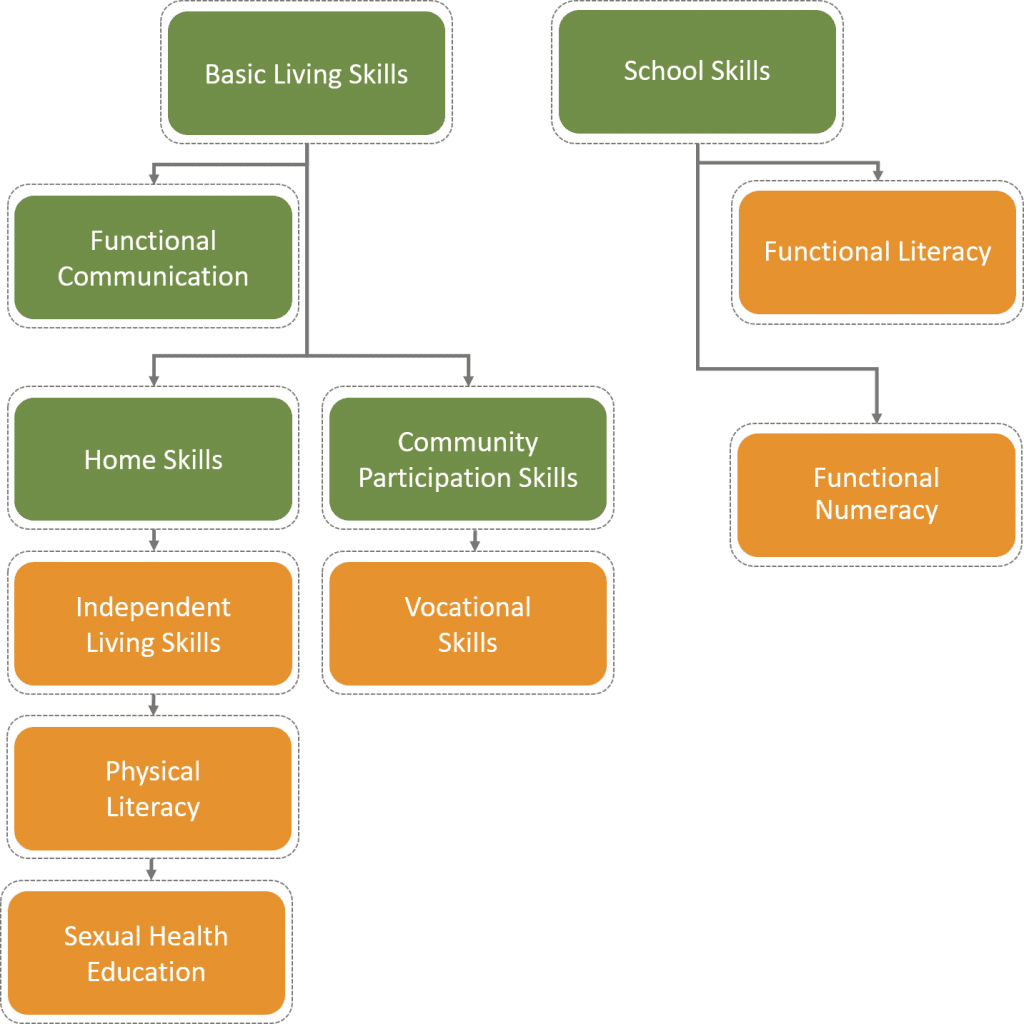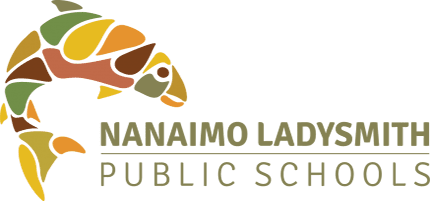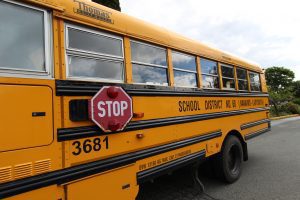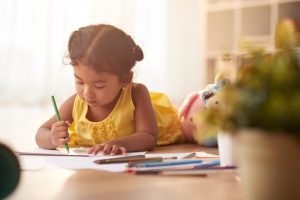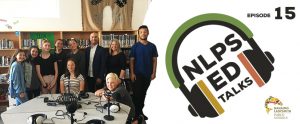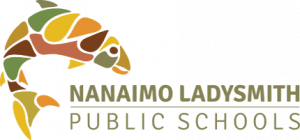Inclusion in NLPS is based on the principles of respect, acceptance, safety, and equity. It is the recognition and honoring of diversity, and valuing the contributions of all members of our school communities.
Inclusive programs utilize a student-centered, needs-based approach where ALL students:
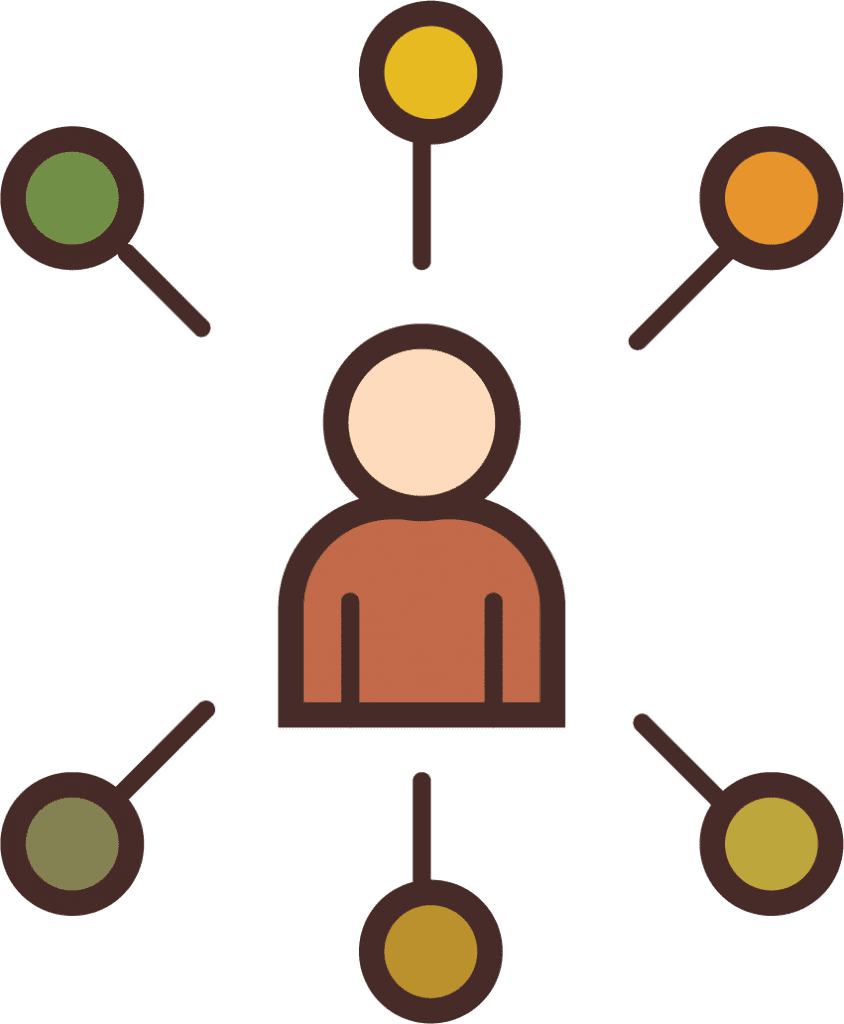

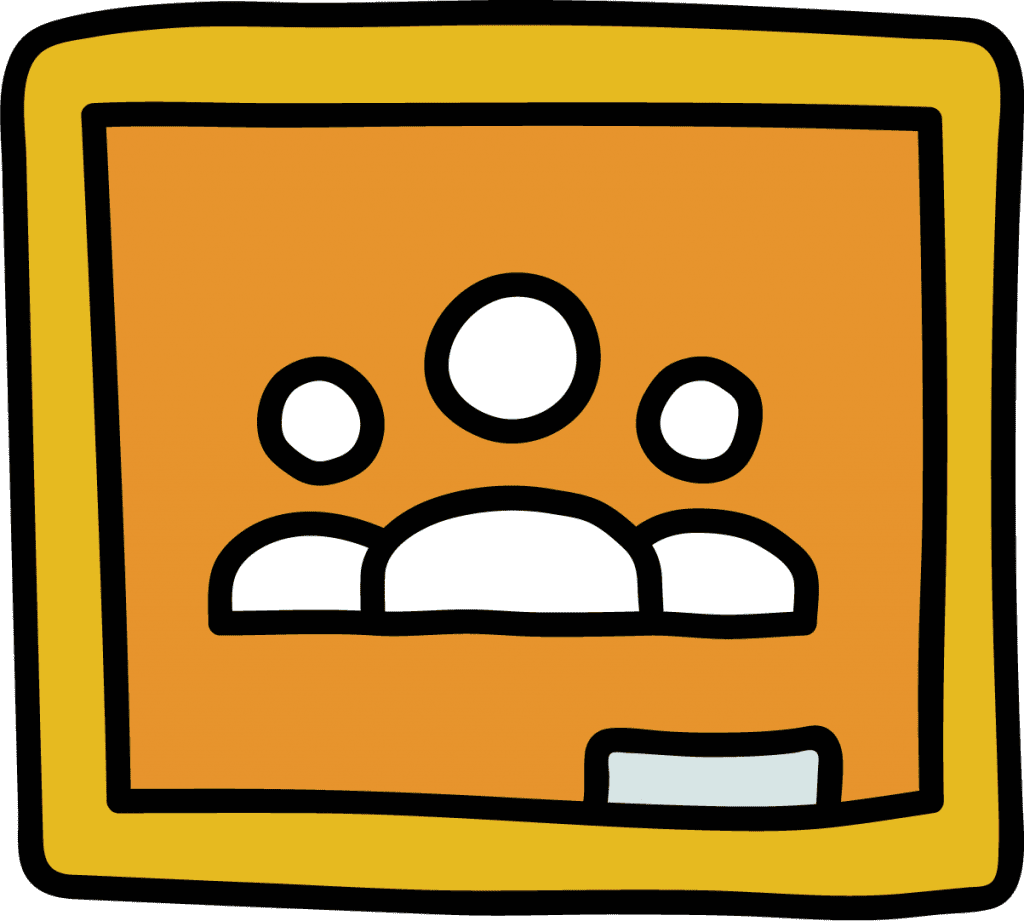
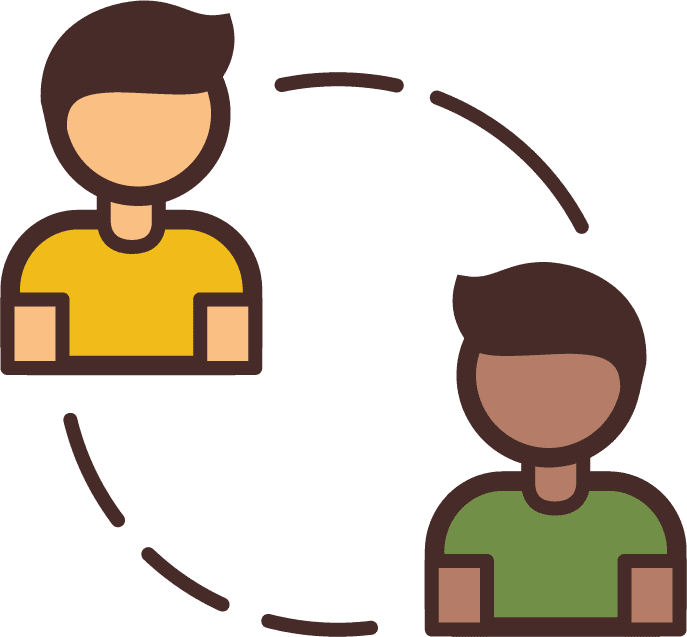
District Skills
It is a fully individualized, intensive intervention for learners requiring 1:1 support in multiple domains. For learners requiring specialized care beyond that which is possible in a more typical classroom setting. Curriculum is framed around the AFLS framework.

The Program in detail
The Program provide learners with disabilities and diverse abilities an opportunity to develop the skills and confidence needed for functional living. The program provides a multitude of opportunities for learners to build as much independence as possible, and to be active members in the school and broader community.
Click on tab for more information
The Life Skills Program provides support for learners who:
- Are complex in multiple functional skills domains
- Require highly individualized support with functional skills
- Require 1:1 support from a support person at all times
- May require augmentative or alternative communication support
- Have complex behaviours or other needs which cannot be safely met in a neighbourhood school
The decision for a student to attend the Life Skills program is made collaboratively between the parent, the team at the neighborhood school and the Director of Instruction – Inclusive Education.
As schools work to be as inclusive and supportive as possible, children will not be directly enrolled in the Life Skills Program unless it has been determined that they require an exceptional level of support that their neighborhood school is unable to provide. Thus, it is rare for a student to enroll directly into the program. Families are asked to register with their neighborhood school first.
To initiate a referral, the school Principal from the neighbourhood school will schedule a meeting to discuss the potential placement of the learner in the Life Skills program. This meeting will include:
- The current school team
- The parent
- An Inclusion Support Coordinator
- The District Vice-Principal who oversees the Programs.
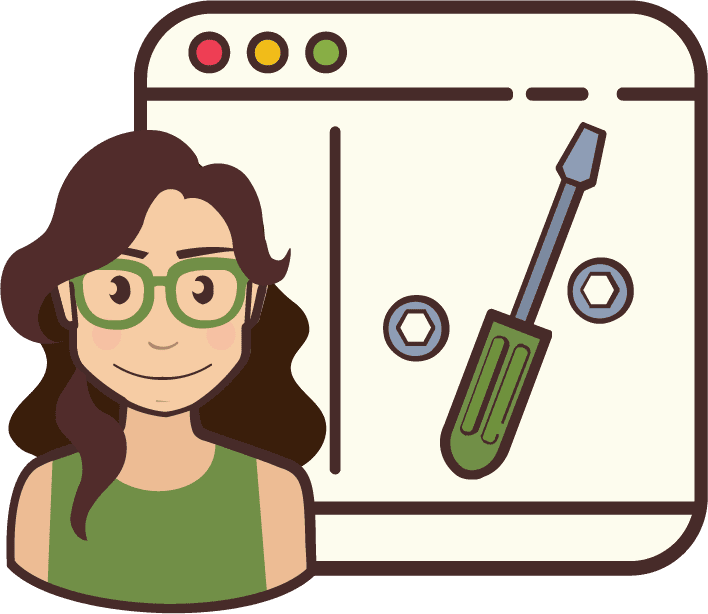
Program Components
Click on tab for more information
Meaningful collaboration is necessary to ensure the decisions that are made will have a positive impact on a student’s development. It is essential that this process includes the student’s family and/or caregivers.
Students in the Life Skills program may also receive the support from other professionals, (i.e. Teacher of the Deaf and Hard of Hearing, Teacher of the Visually Impaired, a Speech-Language Pathologist, Occupational or Physical therapist, or another consultant). Where these individuals are part of the student’s broader team, it is important they are included as part of the data-review and goal-setting process. They should be invited to each IEP meeting.
Parents may also request the involvement of members of their broader home team, or the support of an advocate in working with the school. These individuals are welcome to attend meetings or complete observations in the school setting, provided they have completed the appropriate Private Practitioner or Advocate Agreement, prior to attending.
All students, including those students who require a functional curriculum, require access to a continuum of supports and services to enable full participation. As such, there may be aspects of a student’s program that are addressed within the context of a small group setting outside the classroom, while some outcomes may be best met in home or community environments.
For example, program outcomes can be met as a student interacts with his or her peers in the organization and management of a coffee cart or cafeteria program, as a participant in the school’s drama club or choir or as a member of the student council, etc.
In addition, the provincially mandated core competency curriculum encourages skills such as playing, sharing, group work, solving problems together, making plans and accepting decisions. All students benefit from learning and practicing these skills through day-to-day interactions between same age peers in inclusive environments.
The district Transition Planning templates support transition planning for students in the Life Skills Program.
In a transition year, a tentative timeline for the transition plan be developed as part of the fall IEP planning process and be reviewed mid-year. Transition activities will typically begin right after spring break of the transition year.
For students in their graduation years (grades 10-12), the transition plan should be modelled around the Journey To Adulthood Transition Roadmap, developed by the STADD Navigator Program. Transition planning should begin in the Grade 10 year.
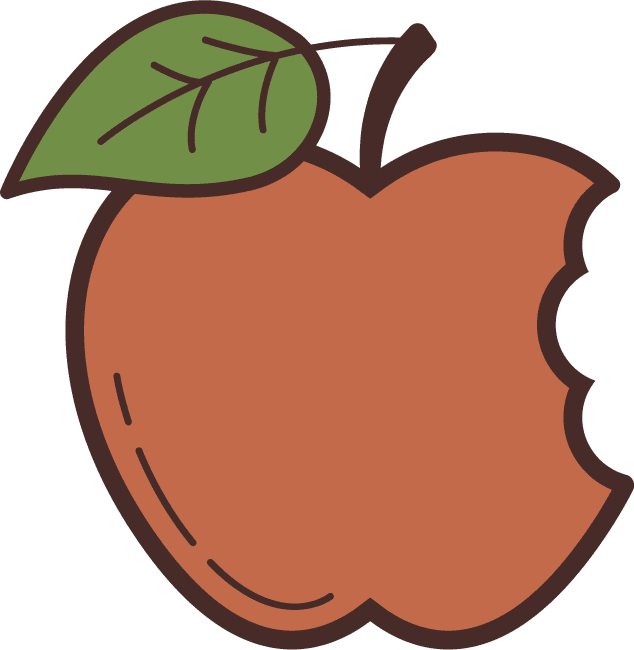
Program Strands
The program is built around the functional skill domains as defined in the Assessment of Functional Living Skills (AFLS). This tool describes functional skills in the following way:
Functional Skills have immediate benefit and use for the learner. Functional skills are commonly age-appropriate skills that are used everyday for typical activities and routines and are essential for independence. Functional skills exist in all settings, throughout the day, and present opportunities for teaching by caregivers around the clock.
Adaptive skills, safety practices, managing daily life, and striving for independence are all terms and concepts used synonymously with functional skills. All of these descriptors cover a wide range of skill
areas which include self-help skills such as those found in the Dressing, Grooming, Toileting, Bathing, and Health, Safety, and First Aid areas, and progressing to higher and more advanced skill areas covered in the Independent Living module.
Students in the Functional Life Skills Program are working with the most supportive and foundational aspects of the AFLS program. This includes:
- Basic Living Skills – skills required to safely navigate home and community settings
- School Skills – readiness skills such as: classroom mechanics, routines and expectations, meals at school, social skills
Click on tab for more information
Many learners with disabilities and diverse abilities miss out on opportunities to participate in family, instructional, leisure and community opportunities due to the difficulty in managing their disruptive behaviours. A foundation to all other programming is supporting the learner in developing the self-management and basic communication skills needed to facilitate other learning.
Functional Communication is foundational in the development of basic living skills. Functional communication is the means by which an individual spontaneously and independently communicates his/her wants and needs and socializes with others. This communication can occur through a variety of forms, including speech, picture exchange, gestures, sign language and assistive devices.
Home Skills
This module focuses on preparing and eating meals, cleaning tasks, clothing, laundry, leisure skills and the day-to-day mechanics of living in a home.
Community Participation Skills
This module focuses on learning the skills needed to physically navigate the community safely, including learning to physically navigate safely around all the common aspects of sidewalks, streets, and signs along with people encountered while walking or while being transported.
Many learners with disabilities and diverse abilities find classroom environments complex and difficult to navigate. For learners requiring significant, individualized supports, a focus on readiness skills is required, prior to the introduction of functional academic instruction. These skills are essential in striving for independence and successful functioning in different types of classrooms, in all parts of the school campus, and with peers and various staff.
Classroom Mechanics
This refers to the ability to use and manage objects such as pens, papers, glue, tape, etc. Mastery of these skills allows for more independence in the classroom, and less dependence on peers and teachers.
Routines and Expectations
This area includes emphasis on describing and understanding many routines and expectations, both inside and outside the classroom. It focuses on basic skills such as: hanging up a backpack, lining up, waiting, participating in physical activities, maintaining calm with routine changes, etc.
Meals at School
Skills in this area include: eating and drinking with different utensils, opening wrappers and containers, basic feeding and food handling skills.
Social Skills
For very complex learners, this includes emphasis on: greeting others, taking turns, and playing simple games. It may be extended to inviting others to participate or initiating and maintaining a conversation, or requesting simple games.
Alberta Education, http://www.learningforallab.ca/instructional-planning/balancing-functional-academic-programming/
BC CASE, Supporting Meaningful Consultation with Parents (2008)
Partington & Mueller, The Assessment of Functional Living Skills Guide (May 2016)
School District 42, Planning for Positive Futures (2017)
Education Newfoundland & Labrador, Planning for Individual Needs: Alternate (Functional) Curriculum Guide, (2008)
Functional Life Skills Program
